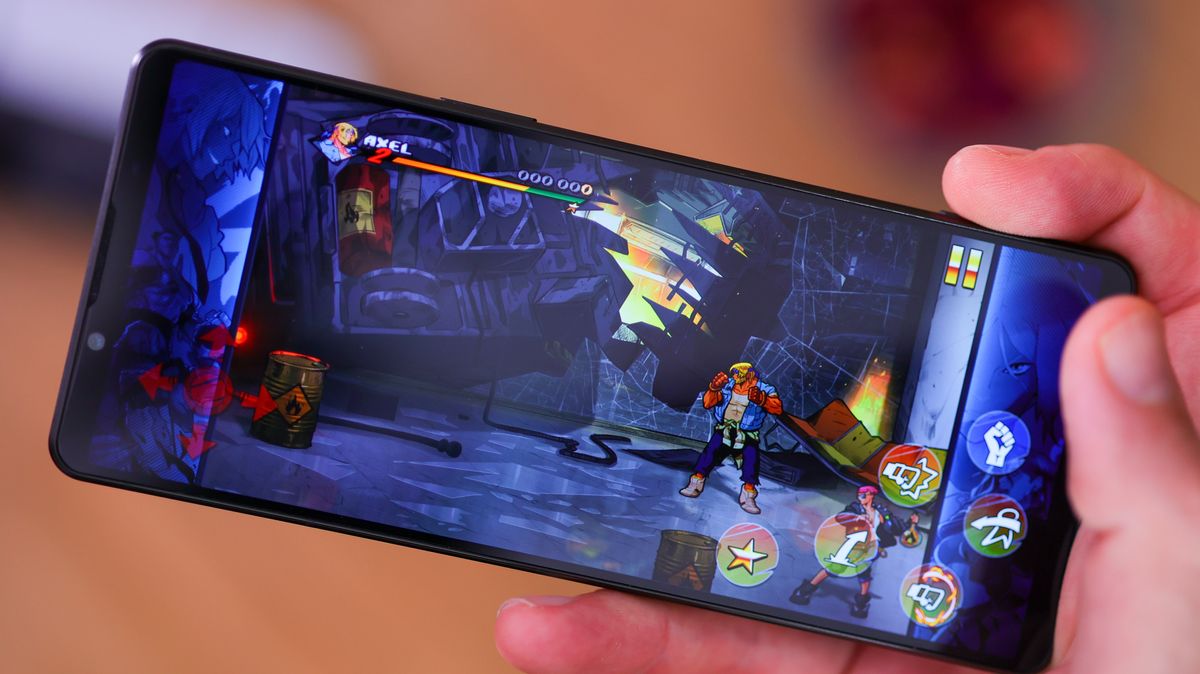Blitz News Digest
Stay updated with the latest trends and insights.
Gaming on the Go: Why Your Phone is the New Console
Discover why your smartphone is transforming into a powerful gaming console. Explore the future of gaming on the go now!
The Rise of Mobile Gaming: How Smartphones Became Powerhouse Consoles
In the past decade, mobile gaming has witnessed an unprecedented rise, transforming smartphones into powerful gaming consoles. With advancements in technology, mobile devices now boast high-resolution displays, multi-core processors, and sophisticated graphics capabilities, enabling developers to create immersive experiences previously only found on traditional gaming platforms. Popular titles like Fortnite, Call of Duty: Mobile, and Genshin Impact showcase the potential of mobile games, attracting millions of players worldwide and redefining the gaming landscape.
The accessibility of smartphones is a major factor contributing to the surge in mobile gaming. Unlike dedicated gaming consoles, which often come with a hefty price tag, smartphones are more widely available and serve multiple purposes, making them an attractive option for casual and hardcore gamers alike. According to industry reports, it is estimated that by 2025, mobile gaming will account for over 50% of the global gaming market revenue. This trend highlights not only the growing popularity of mobile games but also the need for developers to optimize their games for mobile platforms, ensuring an engaging experience that resonates with a vast audience.

Top 10 Mobile Games That Rival Console Titles
The mobile gaming industry has exploded in recent years, producing titles that not only capture the attention of casual gamers but also rival the best console games. Here are the Top 10 Mobile Games That Rival Console Titles, showcasing impressive graphics, engaging gameplay, and immersive storytelling that can compete with traditional gaming platforms.
- Call of Duty: Mobile - A robust first-person shooter experience that brings the Call of Duty franchise to mobile devices with stunning visuals and competitive gameplay.
- Genshin Impact - An open-world action RPG that offers breathtaking graphics and deep lore, rivaling many console RPGs.
- Fortnite - The mobile version of this battle royale phenomenon retains the fun and strategic gameplay that has captivated millions.
- PUBG Mobile - A mobile adaptation of the wildly popular battle royale game that delivers intense multiplayer action.
- Shadowgun Legends - A visually striking first-person shooter featuring an extensive campaign and multiplayer modes.
- NBA 2K Mobile - A basketball simulation game that captures the essence of the NBA with great controls and realistic graphics.
- Asphalt 9: Legends - A racing game that pushes the limits of mobile graphics, offering thrilling races and licensed vehicles.
- ARK: Survival Evolved - A survival game that transports players to a prehistoric world filled with dinosaurs and adventure.
- Stardew Valley - A charming farm simulation game that embraces the spirit of its console counterpart, offering hours of gameplay.
- League of Legends: Wild Rift - This mobile adaptation of the popular MOBA has brought the League experience to on-the-go gaming.
Is Your Smartphone the Future of Gaming? Exploring the Pros and Cons
The rise of mobile technology has led many to ponder, is your smartphone the future of gaming? With the convenience of powerful hardware, a vast library of games, and the ability to play anywhere, smartphones have become a major player in the gaming industry. Gone are the days when gaming was confined to consoles and PCs. Now, on-the-go gaming can be as simple as pulling out your phone during a commute. Moreover, the integration of advanced technologies, such as augmented reality and cloud gaming, indicates that mobile devices are evolving to meet the demands of serious gamers.
However, this transition to mobile gaming is not without its drawbacks. One critical concern is performance limitations. While smartphones have come a long way, they often cannot match the graphics and processing power of traditional gaming systems. Additionally, the user experience may suffer, as touch controls can be less precise than a game controller or keyboard and mouse setup. Furthermore, issues like battery life and the potential for distractions can hinder immersive gameplay. Therefore, while smartphones undoubtedly play a role in the future of gaming, it is essential to weigh both the pros and cons before fully embracing them as the primary platform.